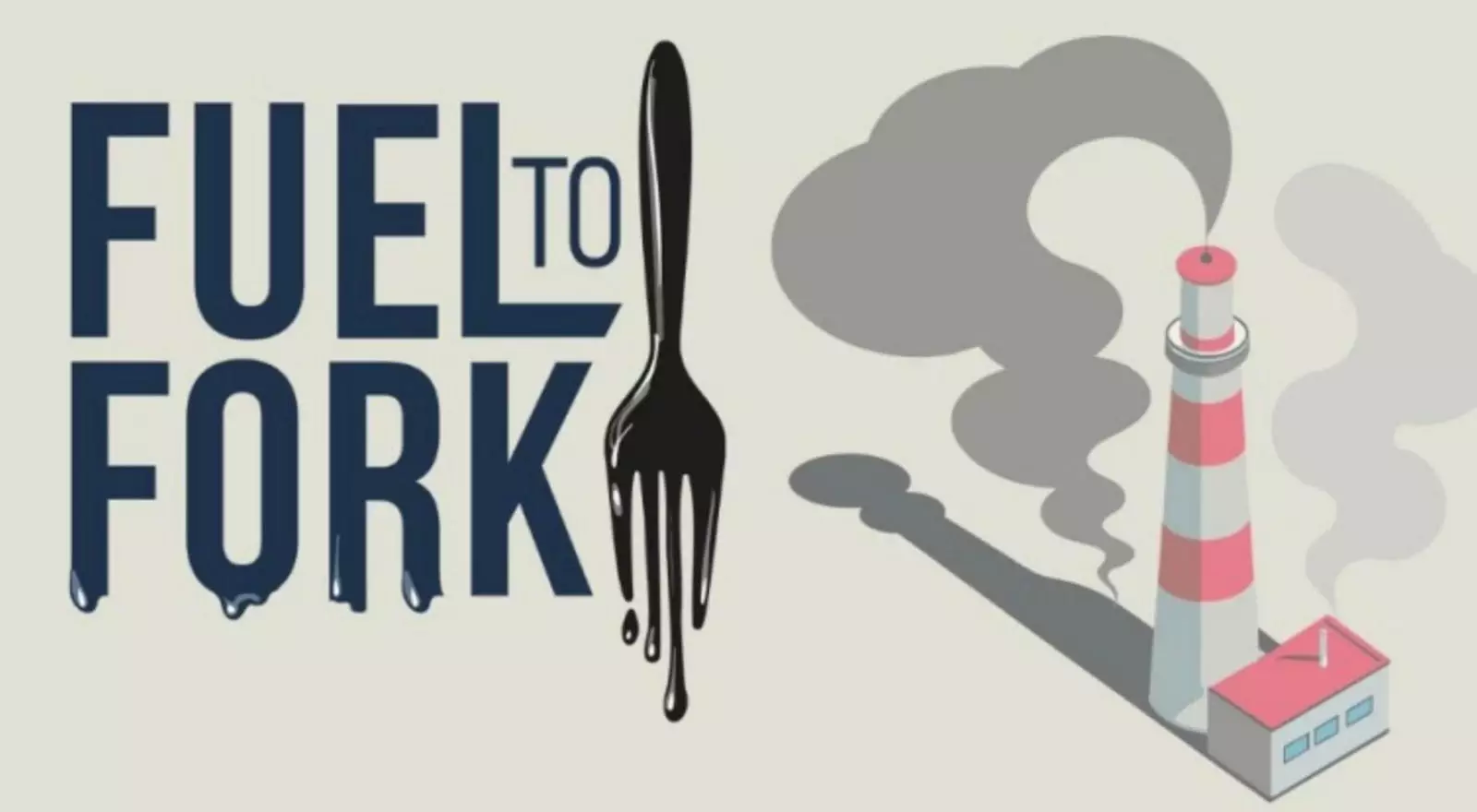The intricate web of our food systems is inextricably linked to fossil fuels, a relationship that poses grave concerns for sustainability and climate change. From the moment we step into a grocery store and gaze at the packaging of any product, the shadow of fossil fuel dependence looms large. The production, transportation, preservation, and distribution of food are all heavily reliant on fossil fuels. This dependency is not merely an aspect of the food industry; it is its lifeblood. The recently launched podcast series “Fuel to Fork” sheds light on this hidden connection, elucidating how fossil fuels underpin every facet of our food—from farming to dining tables.
Announcing a collaboration among organizations such as IPES-Food, TABLE Debates, and the Global Alliance for the Future of Food, “Fuel to Fork” consists of seven episodes that unravel the pervasive role of fossil fuels in food systems. It starkly reveals that fossil fuels contribute approximately 15% of global fossil fuel usage in relation to food, with an astonishing 10 calories of fossil fuels consumed for every 1 calorie of food produced. This staggering statistic compels immediate reflection on our food choices and the unsustainable systems in which they are rooted.
Re-examining the Stages of Food Production
Analyzing the stages of food production brings into focus the sectors where fossil fuel consumption is most pronounced. Processing and packaging alone account for 42% of fossil fuel usage in food systems, while retail consumption and waste add another 38%. This immense energy requirement is exacerbated by the growing trend toward ultra-processed foods and convoluted supply chains, each compounding the fossil fuel dependency fundamental to our food systems.
What is even more troubling is the burgeoning connection between fossil fuel commodities and food-related plastics and fertilizers—these account for an eye-watering 40% of all petrochemical products. As the world shifts toward greener energy solutions, a concerted push from the fossil fuel industry into petrochemicals is evident. This strategic pivot aims to sustain reliance on fossil fuels by locking in demand for plastics and agrochemicals, which are now among the top contributors to global oil and gas requirements. As noted by experts, these trends could lead to a near-lockdown of fossil fuel dependence unless immediate action is taken.
The alarming reality is that our current food systems are undermining global efforts to combat climate change. With the International Energy Agency predicting that petrochemicals will comprise two-thirds of global oil demand growth by 2026, urgent discussions surrounding the implications of this have never been more critical. Pesticides and nitrogen fertilizers—both derived from petrochemicals—are omnipresent in modern agriculture, and their continued use threatens to destabilize our climate further.
To make matters worse, fertilizers alone represent 5% of global natural gas consumption. Projections suggest that nitrogen fertilizer usage could surge by another 50% by 2050. This path is unsustainable and signals a pressing need to rethink and reform our agricultural practices and consumption habits to avoid catastrophic climate consequences.
Despite the daunting challenges posed by fossil fuel reliance, human agency continues to play a pivotal role in the evolution of our food systems. Throughout 10,000 years of agricultural history, fossil fuel use has only been a recent development. The solutions to untangle ourselves from this dependency are emerging, particularly from the Global South and working-class communities in the United States. However, to realize these alternatives, we need to adopt a methodical approach toward implementing a Just Transition—one that is publically financed and aligned with socio-economic equity.
The path to sustainable food systems necessitates broad discussions that go beyond what we grow and consume. By addressing the myriad ways fossil fuels imbue our food systems, we can catalyze meaningful changes and foster resilient, equitable alternatives. A concerted effort to reform how we produce, package, and distribute food is imperative—not just for ourselves, but for the future of our planet as well. Engaging in conversations that scrutinize our food processes and practices will help avert escalating challenges and steer us toward more sustainable, climate-resilient food systems.

